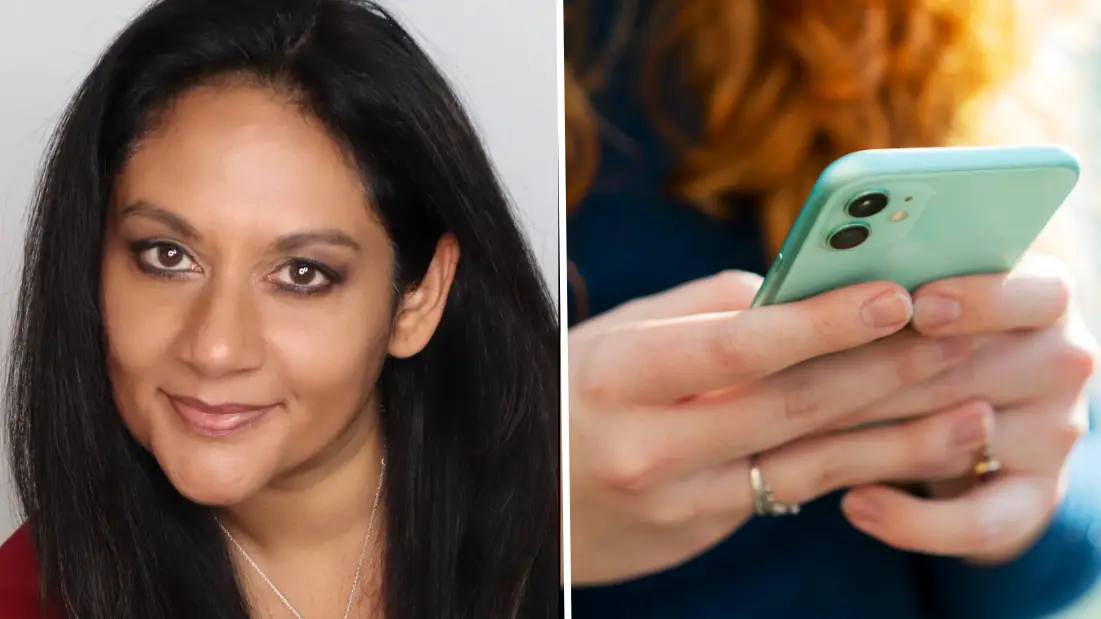
It's a tale as old as time: you take a photo, post it to your story on Instagram and inevitably rewatch it 100 times before it disappears 24 hours later.
Now, is this all-too relatable act simply a matter of feeling yourself or is it cause for concern over a wider issue, possibly signalling narcissistic tendencies?
Globally renowned narcissism expert, Dr Supriya McKenna, who is also the author of The Narcissist Trap: The Mindbending Pull of the Great Pretenders and Narcissists in Divorce book series sat down with Tyla to tell us everything we need to know about the bizarre phenomenon we're seemingly all guilty of doing.
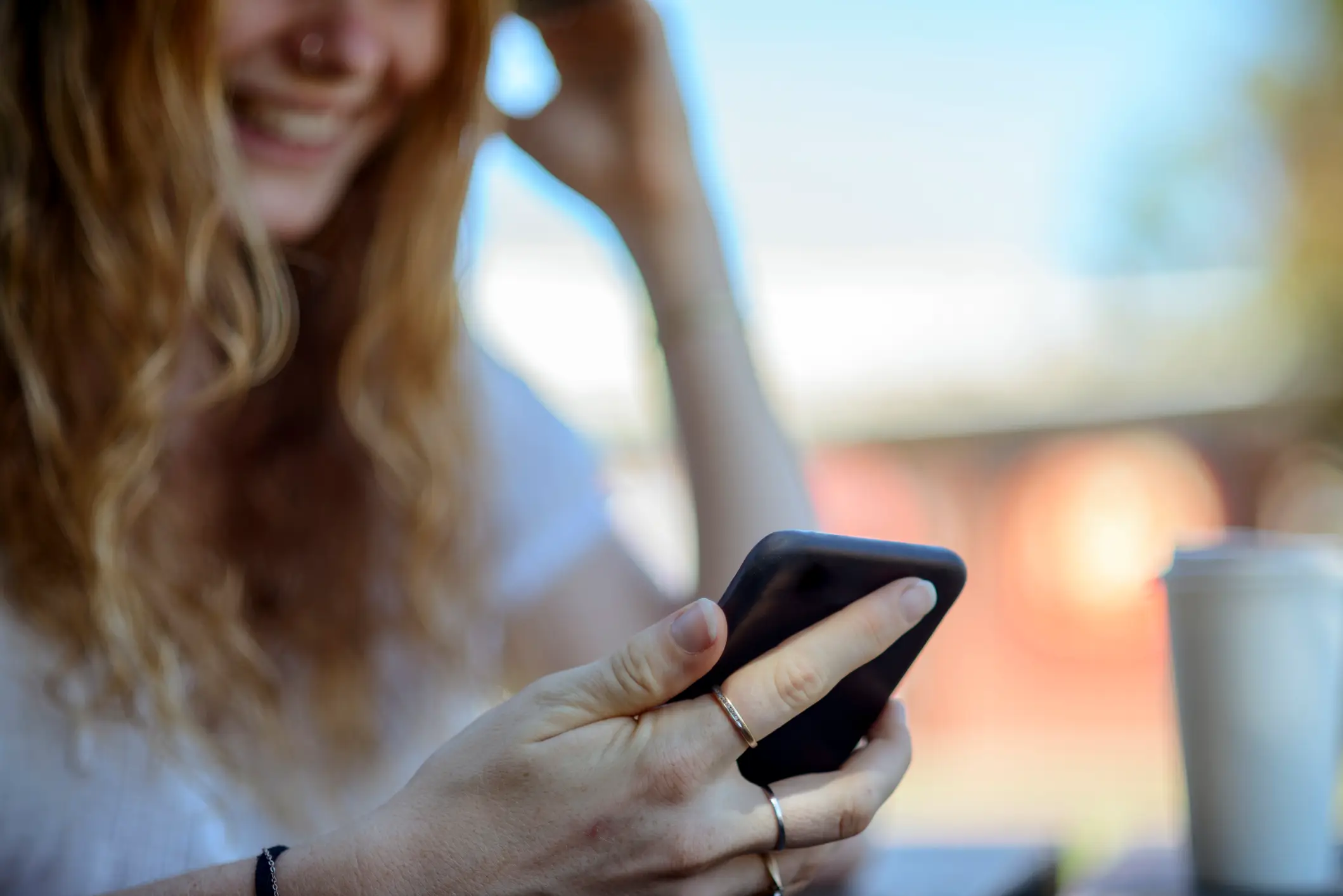
What does it mean if you rewatch your own Instagram stories?
Supriya explains: "You might find yourself doing this for various reasons. It could be as simple as you being really proud of what you have produced, so you are just revisiting your post and savouring the feeling of pride you get from it.
Advert
"This isn’t actually unhealthy in itself, and can actually be the opposite."
She says that humans have a tendency to skip over what we have done well and focus on our failures instead, due the brain’s inbuilt 'negativity bias'.
This evolutionary mechanism originally protected our species from serious threats, back in the days when being chased by wild animals was commonplace. But nowadays, it’s more of a hindrance to us, and is actually something that we have to actively try to overcome, so that we can see the world (and ourselves) more realistically.
"Taking the time to savour your successes, even the small ones, is a crucial part of increasing your sense of self-worth, so that you can show up in the world as a more confident, resilient version of yourself," the expert highlights.
"So if this type of social media 'self stalking' sounds like you - well, just enjoy it, and give yourself a pat on the back."

'Narcissistic territory'
However, Supriya says, there are less healthy reasons for repeatedly checking up on your own Instagram posts and stories, and in extreme cases, this can mean that you are straying into narcissistic territory.
She continues: "This is all about craving external validation in order to feel whole and good about yourself, and if your sense of self-esteem comes predominantly from how other people view you (rather than it coming from an innate sense of worthiness) then this might be a problem for you.
"If you often find yourself obsessing about how to get your posts to go viral, or feeling depressed when you fail to get the engagement or comments you were hoping for, you might want to take a step back and ask yourself, honestly, why it matters so much to you.
"Conversely, when the 'likes' do come flooding in, you might feel incredible - successful and maybe even invincible - but if these feelings subside fairly quickly and you find yourself back on the treadmill of creating content for others to applaud you for, then take note."
Supriya also emphasised that having narcissistic traits, in which the volume isn’t turned up so high that people actually suffer as a result, is actually normal.
"We all have these traits, such as vanity, selfishness and self-focus, to a degree, and actually, not being narcissistic enough comes with its own problems," she adds.
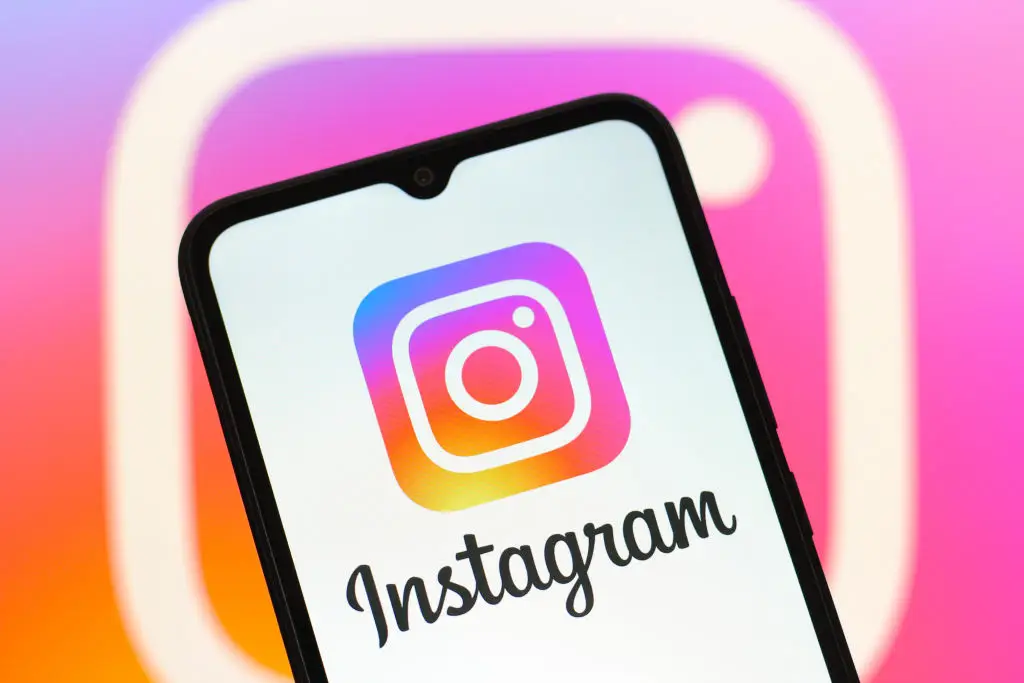
What are the key traits of a true narcissist?
Supriya tells us that a true narcissist is someone who would qualify for a diagnosis of Narcissistic Personality Disorder, and those people will have low empathy, feel entitled to special treatment and will actually exploit others for their own gain.
This can even go as far as being psychologically - and sometimes even physically - abusive.
"Narcissists (who may appear confident on the outside) actually need constant external validation to compensate for their low self-esteem, which they get from the attention and adoration of others (and in the absence of that, by causing drama)," she explains.
"They also constantly compare themselves to others, and are extremely jealous of other people’s successes, often putting them down in a bid to make themselves feel as though they are superior to them."
The expert noted: "But even if you know you are a bit vain, and you find yourself re-watching your Instagram reels and getting a mood boost from your likes, this doesn’t mean that you are a narcissist.
"If you can step into other people’s shoes and actually feel (and care about) their emotions, and you are able to recognise and meet other people’s needs as well as your own, then fear not - you are not."
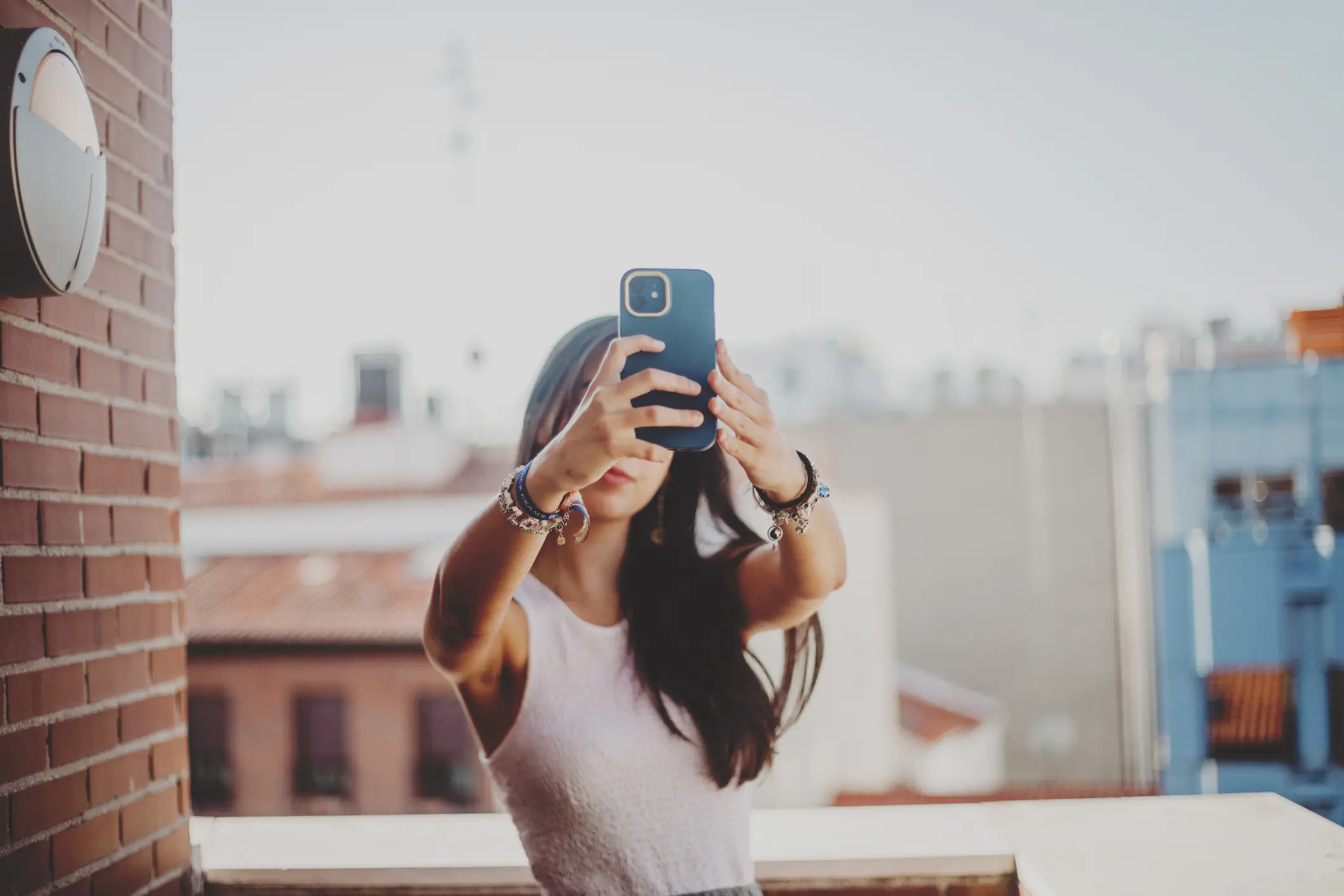
Could regularly checking your own Instagram also be a sign of something else?
"Of course," Supriya says.
If you are regularly checking your Instagram, it could be that you are just addicted to the pings and notifications that come with social media use, she shares.
She explains: "Conspiracy theories aside, social media has been designed to optimise our neurochemical addiction to it, by using our own brain chemicals (such as dopamine, serotonin and noradrenaline) against us, through the neurochemical surges that occur when we get a 'like', for example.
"It’s unlikely that you’d just be looking at your own content in that case, however, and although there is no official figure available for how often you would be checking your Instagram if you were addicted to it, there are some key indicators to help you determine whether your usage is unhealthy."
The biggest giveaway in question is if you are prioritising your social media use over seeing people in real life, and that includes giving more attention to it than the people you are physically spending time with.
Another warning sign Supriya outlines is if you only appreciate moments in life that can be photographed and put on your stories, or if you are constantly on the lookout for Instagrammable moments.
"If you see a beautiful sunset, for example, would it have the same worth to you if just looked at it, in the moment, without posting it?" she asked.
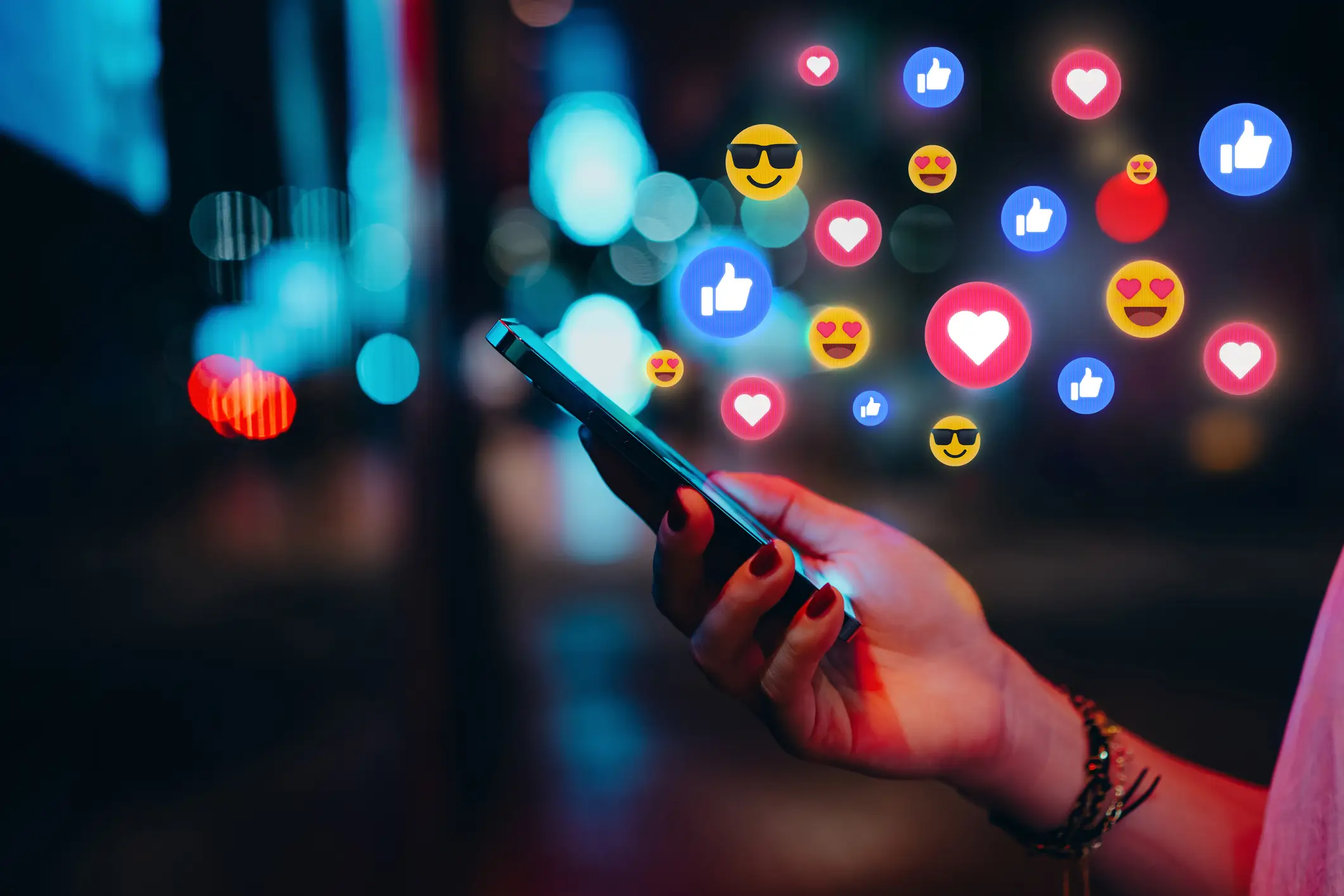
Advice to anyone trying to cut down how many times they watch their own Instagram story or profile?
Supriya says you should 'think about what your motivation (which may be unconscious) is for watching your own story or profile'.
She explains: "If it’s due to an intrinsic lack of self-worth and a need to gain approval and admiration from others, then this underlying issue is going to be the thing you need to work on.
"You may consider going to therapy, or it may be that more simple tools will be enough.
"Cringey though they might seem, even writing positive affirmations on your bathroom mirror such as 'I am enough', or staring deeply into your own eyes and telling yourself that you love yourself every morning can be amazingly effective ways to boost your own self-love."
If you believe that you are actually addicted to self-stalking, then there will be no alternative other than to cut down. This might literally mean having to go 'cold turkey' by deleting the app from your phone, or charging your phone in a room other than your bedroom overnight, so that you break the 'last thing at night/first thing in the morning' cycle.
Supriya recommends committing to tech-free windows and 'purposefully scheduling fun things to do in that time', adding: "I’d also recommend a practice of mindfulness and mediation, to help you to rebuild your concentration span, and to rewire your brain so you can sit with your thoughts and be present in the moment, without needing to give into distractions."
Topics: Advice, Apple, Instagram, Life, Mental Health, Social Media, Technology, iPhone, Tyla Exclusive